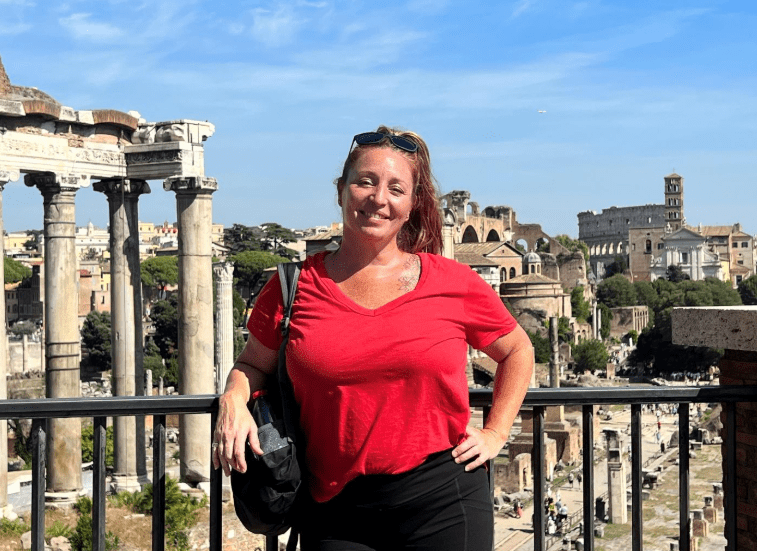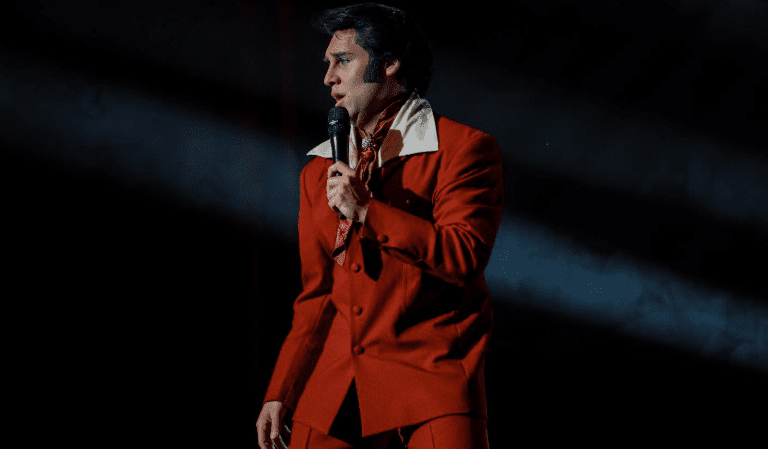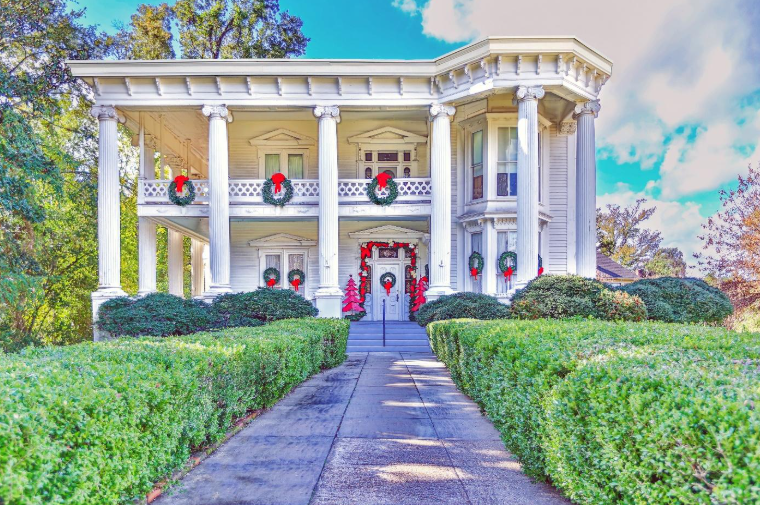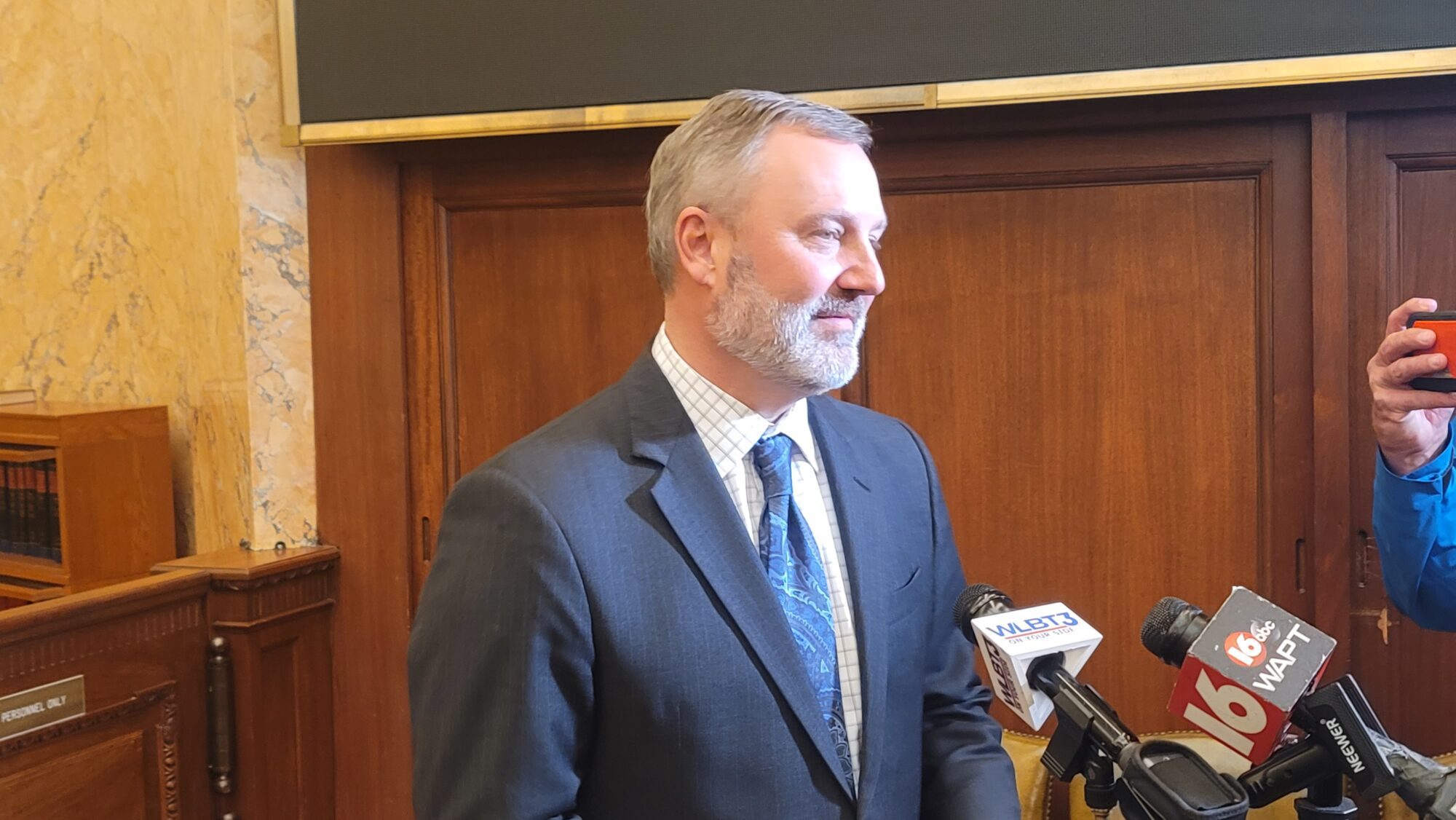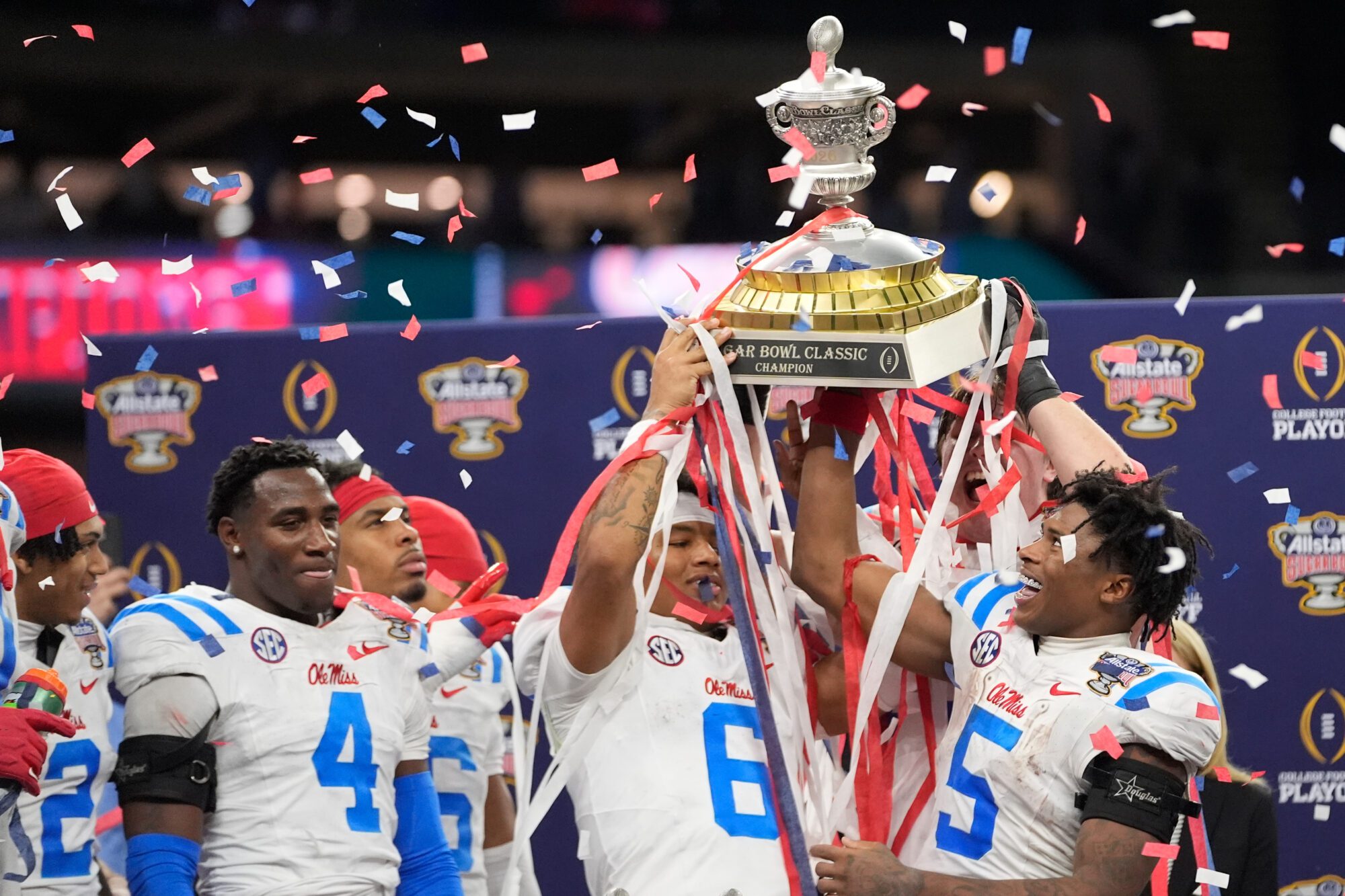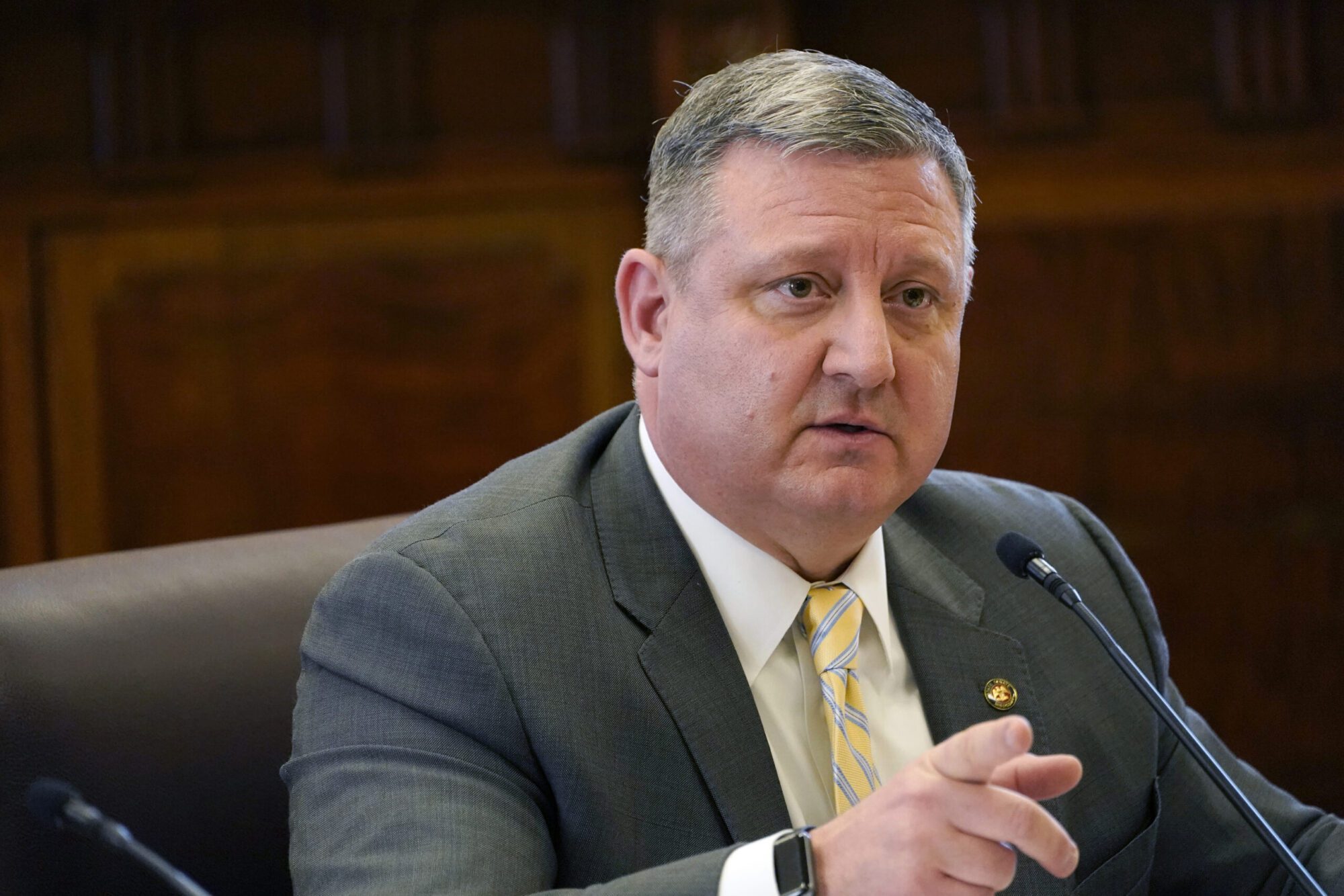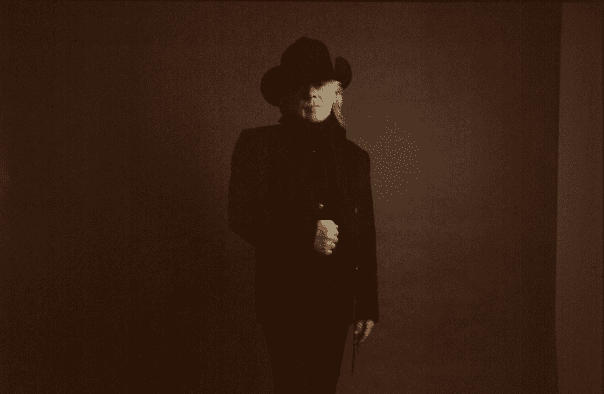
- Preserving the soul of country music will help ensure future generations understand their roots.
Marty Stuart personifies American music, from his Mississippi roots to his acclaimed career as a singer-songwriter and multi-instrumentalist. His sound reflects country legends like Lester Flatt, Hank Williams, Merle Haggard, and Johnny Cash, yet he has always remained true to himself.
His love for music started early in Philadelphia, Mississippi. As a child, Marty was captivated by music’s power, recalling moments like hearing church bells in the evening breeze or watching a marching band in a parade. These early experiences set him on a lifelong path.
At nine, he formed a band with neighborhood friends, playing country music while others focused on British rock. By twelve, he was touring with the Sullivan Family, navigating a life on the road.
“I didn’t see challenges,” he said. “I always saw joy and beauty in it.”
Marty’s style evolved as he blended bluegrass, country, rock, and rockabilly. He never approached songwriting with a genre in mind—he simply wrote what felt authentic.
“Mississippi is the birthplace of America’s music—gospel, blues, rock’n’roll, and country,” he said. “That’s my foundation.”
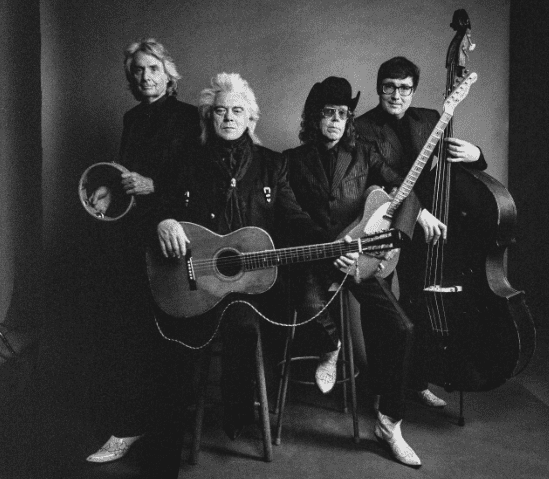
While Marty earned fame as a musician, his passion for preserving country music’s history set him apart. As a child, he idolized performers at local fairs and gospel singings, collecting anything he could—autographs, guitar picks, even discarded setlists.
His collection grew after he joined Lester Flatt’s band in 1972. By the 1980s, country music was changing, and many of the older legends were forgotten. Marty saw artifacts—costumes, instruments, and handwritten lyrics—discarded as junk. Determined to preserve this legacy, he started collecting them.
He bought Patsy Cline’s makeup case for $75 in a junk shop and kept items others overlooked.
“Nobody was paying attention,” he said. “So, I decided to.” Over time, he amassed 15,000 artifacts but struggled with what to do with them—until a conversation with B.B. King changed everything.
While fundraising for the B.B. King Museum, King pointed out how blues and rock had dedicated spaces, but country music did not. That conversation solidified Marty’s mission: to create a permanent home for his collection in Mississippi.
Marty’s vision became The Congress of Country Music, a cultural center in his hometown of Philadelphia. The project began with the restoration of The Ellis Theater, a once-thriving venue that had fallen into disrepair.
The local Arts Council, led by his childhood bandmate Butch Hodgins, donated the theater to Marty’s initiative. From there, Marty built momentum.
“At first, people didn’t believe in it,” he said. “But slowly, they came around.”
Supporters nationwide—fans, donors, and even skeptics—helped fund the project, recognizing its cultural significance.
More than a museum, The Congress of Country Music is a space for education, live performances, and community engagement. Marty envisions it as a hub where young musicians can find inspiration and guidance.
“When I was a kid, I didn’t have access to much—just a magazine rack and a dime store record section,” he recalled. “If I’d had the chance to see artists like Ricky Skaggs or Vince Gill in my hometown, it would have changed my life.”
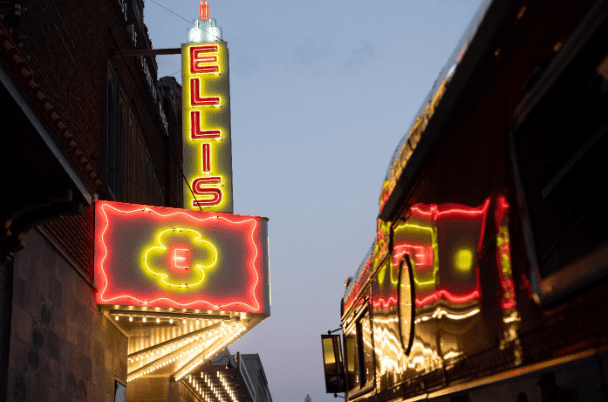
He wants young musicians to embrace their roots rather than conform to industry standards.
“It used to be that you had to bring your culture with you to get a seat at the table,” he said. “Now, you have to check it at the county line and blend in. That’s not right.”
The Ellis Theater’s revival has breathed new life into Marty’s hometown. Concerts bring in crowds, businesses stay open later, and once-empty streets are filled with energy. “These things help develop the hope we all need,” he said.
For Marty, the project’s most meaningful aspect is its unifying power. Philadelphia is home to Black, White, and Native American communities, and he ensures that every event reflects that diversity.
“At any gathering, we have a White prayer, a Native American prayer, and a Black prayer lifted into the air,” he said.
When The Ellis reopened, it was a celebration of that unity. Philadelphia’s mayor, James Young, led the opening prayer while the Choctaws performed their traditional pageantry.
“Everybody felt welcomed and embraced,” Marty said. “That matters more than everything else put together.”
With funding secured and construction plans underway, the Congress of Country Music is set to become a beacon for country music history and education. Preserving the soul of country music will help ensure future generations understand their roots. Marty Stuart’s journey proves that history isn’t just something to remember—it’s something to keep alive.

